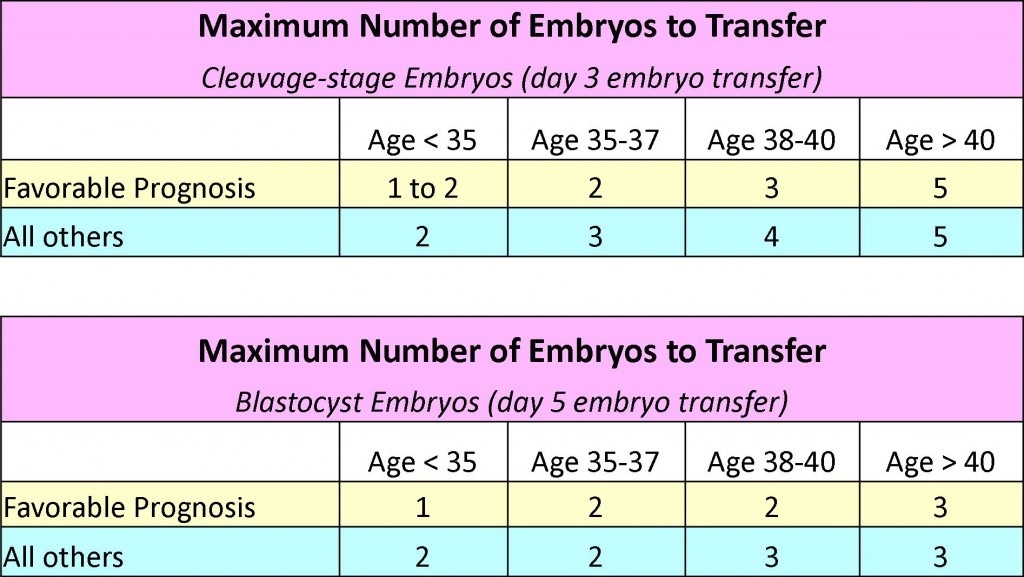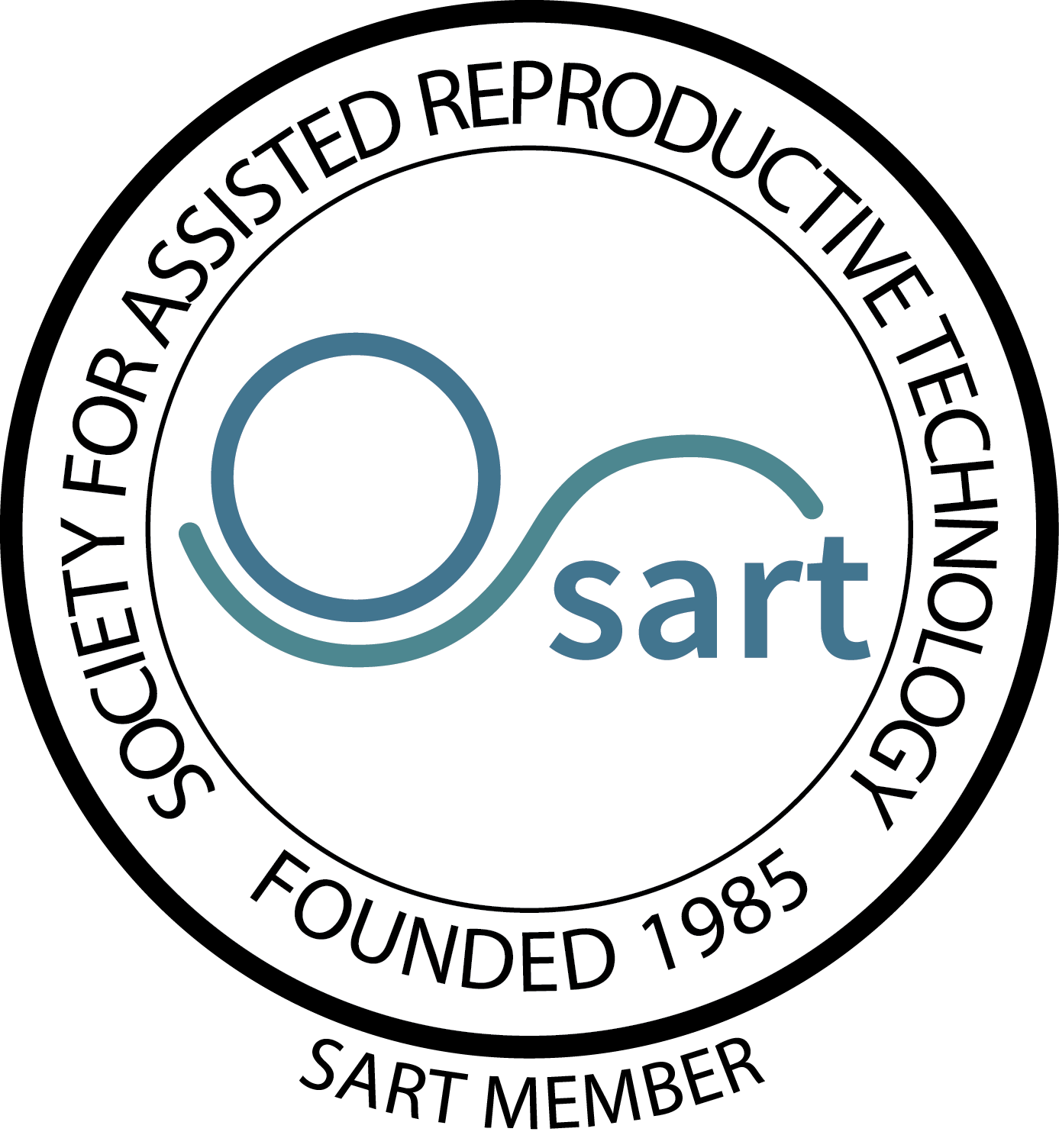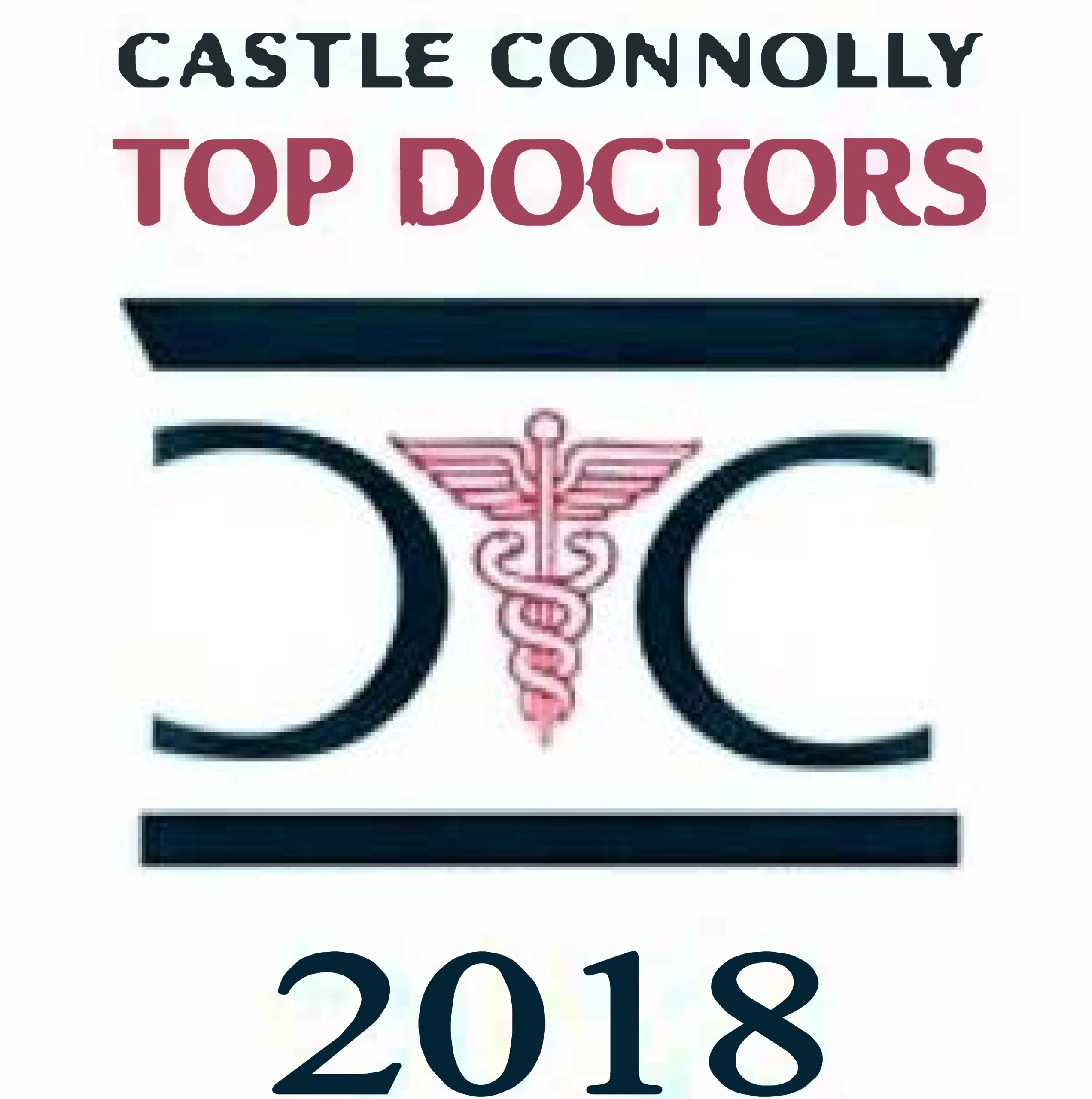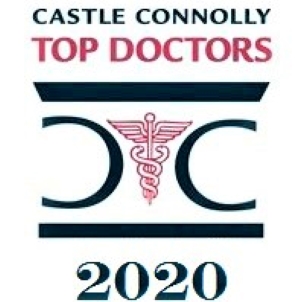Fertility treatments such as in vitro fertilization (IVF) can be complex, oftentimes involving many decisions along the way. One of the toughest  questions couples face is “How many embryos should we transfer?” This is an important qu22estion.
questions couples face is “How many embryos should we transfer?” This is an important qu22estion.
Evolving Technology
IVF is the process of stimulating the ovaries to produce multiple eggs, which are retrieved, fertilized with sperm, and result in embryos that are then transferred into the maternal uterus. Transferring more than one embryo at a time increases pregnancy rates, but it also increases the chances of multiple implantations leading to twins, triplets, etc.
In the early days of IVF, many of the laboratory and clinical techniques used with IVF were relatively new and unrefined. Therefore, the chance of achieving pregnancy per embryo transferred was low. Consequently, many clinics would routinely transfer multiple (2, 3, or even 4) embryos at a time in the hopes of achieving pregnancy at all. However, when pregnancy occurred with this approach, the result was often a multiple gestation pregnancy, which has a significantly higher chance of pregnancy complications including preterm delivery.
The technology associated with IVF has greatly advanced over the years. These advancements have led to a much higher chance of pregnancy per embryo transferred. The way embryos are cryopreserved (frozen) is far superior as well. This means that practitioners can now have excellent pregnancy rates while transferring relatively few embryos, preserving the additional embryos through cryopreservation for future pregnancy attempts. Consequently, the rates of triplet and quadruplet pregnancies have dramatically decreased over the past 10 years in the U.S. Because the transfer of two embryos is still a common practice, however, this has kept the chance of having twins with an IVF transfer averaging at about 30% nationally.
ASRM Guidelines
In 2009, to set standards on how many embryos should be transferred, the American Society for Reproductive Medicine (ASRM) published revised guidelines regarding the appropriate maximum number of embryos to transfer. These guidelines suggest a maximum number of embryos to transfer based on the day of transfer (Day 3 multi-cell embryos vs. Day 5 blastocyst), “prognosis category” (favorable vs. all others), and age of the patient. For most patients, these guidelines discourage the use of more than two blastocyst stage embryos in patients under the age of 40. Charts outlining the 2009 ASRM guidelines on the number of embryos to transfer can be found below:

Single Embryo Transfer (SET)
Many couples perceive twins as an optimal goal obtained from an IVF cycle. While such pregnancies can be a good thing when no problems arise, multiple pregnancies (even twins) increase the obstetric complications. Therefore, the goal of most infertility experts is to obtain singleton pregnancies. To this end, some experts have advocated the transfer of only one embryo at a time for many patients, a practice known as single embryo transfer, or SET. Even SET, however, cannot guarantee a singleton pregnancy, since some embryos can on rare occasion “split” and result in two identical twins. In general, SET results in a decreased chance of achieving a pregnancy per embryo transfer as compared to the transfer of two or more embryos, but it also greatly decreases pregnancy risks by avoiding multiples.
At Fertility Associates of Memphis, patients believed to have an excellent chance at achieving pregnancy with favorable predictors (good embryo quality, non smoker, normal BMI, previous successful pregnancy, etc.) are often offered SET. For patients with more complicated clinical situations, more embryos for transfer may be recommended.
Ultimately, the decision on how many embryos to transfer is one made thoughtfully by the patient and physician. As technology continues to improve the implantation potential of each transferred embryo, the use of single embryo transfer is likely to increase, further decreasing the risk profile associated with IVF in general.
For more information or to schedule an appointment with one of our physicians, please contact our office at 901-747-2229. We would be happy to assist you.
embryo transfer, female infertility, Fertility Associates of Memphis, In Vitro Fertilization, trying to get pregnant









Comments are closed.